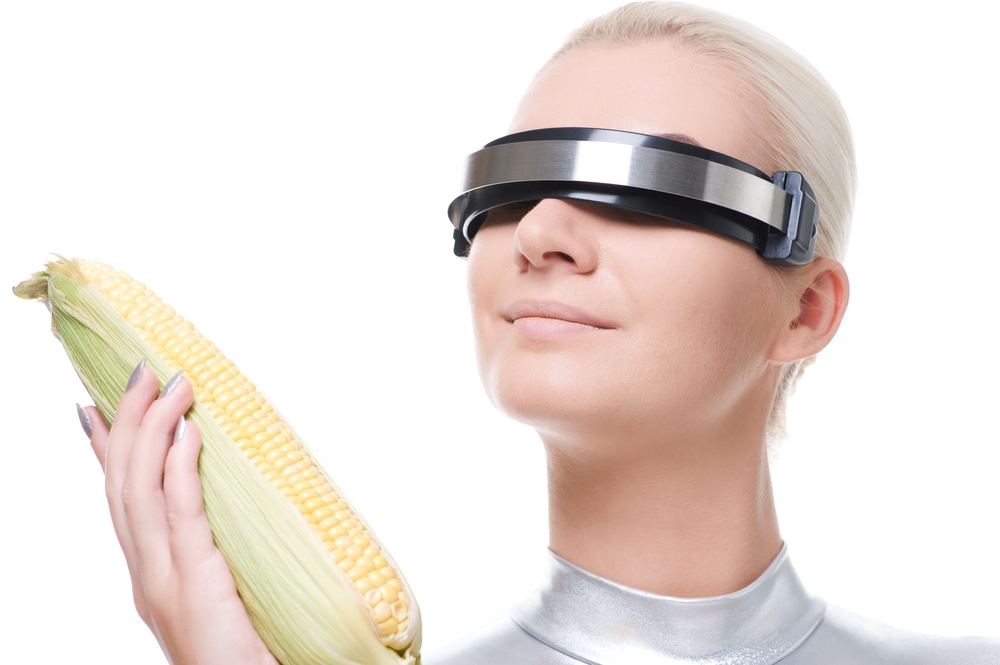Food is also subsidized because it is a strategic resource but the curve is going the other way. Instead of being depleted 'real soon' as environmental PR gurus like Jeremy Rifkin successfully convinced journalists to repeat about oil decades ago, we have so much food that for the first time in human history poor people can afford to be fat. And with affordable food, culture improves, as do lives. The world exceeded UN targets for improvement of the poor by nearly half a decade.
Given that, is there still need to subsidize food? One group thinks not, and even contend that it is harming the environment.
Talk about a First World problem.
Their data are Europe, and for good reason. A French cow earns twice as much money per year as a human in sub-Saharan Africa and Europe accounts for over 80 percent of the entire world's agriculture subsidies.(1) It sounds excessive, but we subsidize food also, because it is a mistake to make yourself reliant on a global competitor. Europe is in a panic over losing Russian oil as punishment for supporting Ukraine, they had outsourced their energy demands to the east so they could pretend solar and wind worked, but if they had also outsourced food they would've had to remove their bans on science and imported staples from the US or their governments would have toppled. Europe also wants to be an exporter of food, and that means subsidizing it so they can compete.
It is perhaps a luxury to subsidize food in order to sell it cheap enough to compete and that is called out. UN Secretary-General Antonio Guterres who is, like nearly everyone at the United Nations, a doomsday prophet, believes, "Humanity has become a weapon of mass extinction" while citing unverified doomsday claims from other UN activists like that 25 percent of all animal life is going extinct, over 1,000,000 species. (2) The reason, they say, is affordable food.
Yes, some countries do cut down trees so they can feed themselves but that is due to bullying by countries like Europe - which ban imports unless poor countries agree to their arbitrary "organic" process; mutagenesis good, GMOs bad, copper sulfate good, neonics bad - even though copper sulfate is far more toxic and requires more mass spraying and more land to be effective.
Project Effect says Europe should have fewer subsidies. I would argue Europe should have more science, that is the only way to protect the environment while keeping the poorest fed. As I discussed in America's Next Challenge May Be Not Enough Farmland In Use, affordable food suffers in a dirigiste culture like Washington, D.C. has in 2023 - and Europe has perpetually. More government spending and centralized control of farming won't lead to more conservation, it will lead to more land development. Less spending would cripple European farmers so badly they'd never recover.

Science. This is the way.
Yet Europe believes more government tinkering fixes everything. Their bizarre “pillar two policies” means a farmer can earn an extra $400 subsidy if they show they have two nests on 10,000 square meters of land. Farmers have unsurprisingly asked for more such subsidies. Heck, some even say they won't grow any food at all if government will pay them the same basic income based on how much land they don't use.
That runs up against the strategic resource problem. Everyone will happily not work if they get paid anyway, but it is bad for a country to do so. The UN Biodiversity Conference. not a farmer or policy expert among them, adopted a resolution to tell countries to spend $500 billion less per year on subsidies.
Where will the food come from? China? Russia? What will that mean for Taiwan and Ukraine?
They argue for a model like the Paris agreement for climate - but that simply means food will only be penalized according to the country that grew it, not the country that imports and eats it. As they have done with emissions by buying natural gas and wood from other countries, Europe can outsource the blame. And few Europeans will want to know the truth.
Yet they will know the truth as soon as a country supplying the food decides to throw its weight around on the world stage. Europe can barely mobilize 60 tanks to help Ukraine, they're not ready to be leaders when leadership requires strength. Growing less food would make them even weaker.
NOTES:
(1) Given that, it is little wonder they panic when the dollar drops. After France and Germany sought to protect their colonial connections by protesting the US invasion of Iraq, President Bush let the dollar sink. Clueless EU citizens who found it much cheaper to visit the US claimed that was a win for Europe, as did Bush critics, but it was retaliation and it worked. Europeans could visit cheaper, and help our economy, while they bled money keeping their exports competitive due to even higher subsidies. Companies began to move jobs back to the US. European politicians complained and eventually the desire for subsidies at home led President Obama to pushing the dollar higher again.
(2) The UN likes to portray itself as some sort of Justice League of Science, and journalists and politicos who love centralized world government want to believe it, but a science body would not let China claim that COVID-19 was caused by American frozen food and nod along with the communist dictatorship. They would not claim toast causes cancer. They don't love science, they love computer games they write themselves which project disaster. The UN also said there would be 50,000,000 climate refugees by 2010 and the Himalayas would be gone by 2035. Sometimes UN science reads like it was written on a dare.





Comments